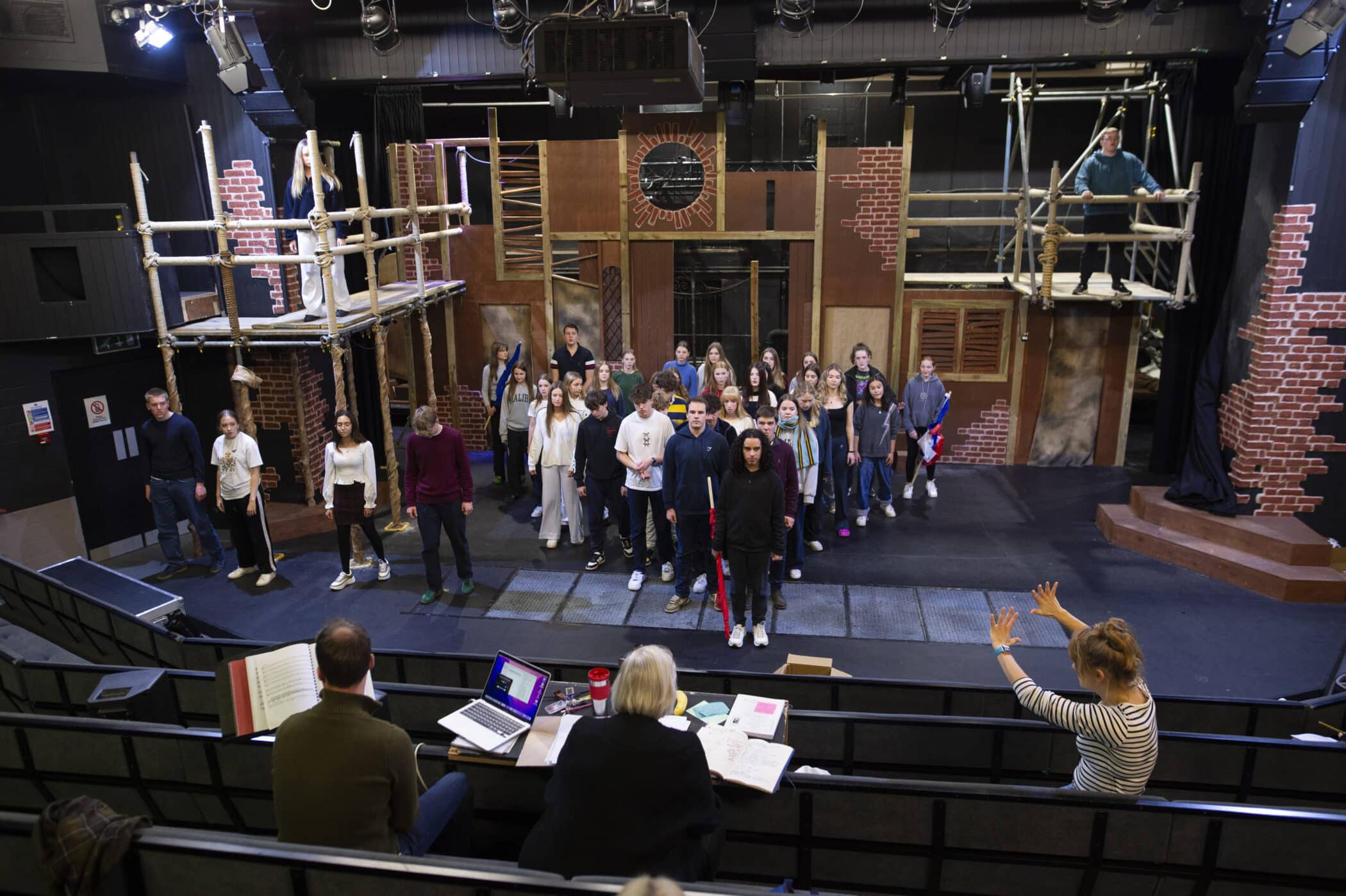Much airtime is given to the pursuit of concepts such as ‘grit’ and ‘resilience’, but little time is spent exploring exactly what these are, and, more importantly, exactly how we encourage our pupils to develop them ‘on the pitch’.
Rather than simply imploring our young athletes to have ‘more’ of these key skills, we have, at Oakham School, been working increasingly closely with Sport Psychologists – to both understand the foundation stones of psychological development and to begin to integrate this knowledge into our coaching.
Much work has been done on exploring psychosocial behaviours and skills that are present in elite level performers. Given how many young students are now on pathways and in academies, there is a real need to develop and embed these behaviours and skills as early as possible. School is the perfect place to start – which is why we are hosting the first Sport Psychology in Schools Conference.
Of course, the use of Sport Psychology in a School setting should never be seen solely as something for only the higher-end performers. It provides development opportunities for all students – because the benefits reach far beyond the pitch. Sport can be an outstanding vehicle for embedding key skills of how to cope under pressure, how to self regulate, to develop commitment, grit and perseverance. These traits will obviously be of real help to all students during exam time, as well as bringing tangible benefits to musicians and actors too.
At Oakham we are changing the way we coach sport to develop these psychological behaviours – we are increasingly teaching and supporting students to have the strategies they, personally, need. For example, from our experience of working closely with top-level clubs in a variety of sports (with whom our students are involved at academy level or on a pathway), the ability to cope with pressure is critical. Whilst this may be obvious, the reality is that we, as schools, need to be better equipped to understand exactly how we should be helping our students to be developing this skill; and what practical strategies they should be working on – such as encouraging their focus, helping them to identify and eliminate distractions, and to refocus on relevant stimuli.
Then there are many other psychological behaviours that are needed by sports students – such as commitment, quality practice and self-regulation. These all need to be properly understood by sports coaches in schools, with training and development given in how to encourage their students to develop the relevant skills and abilities in these areas.
We were pioneering in the use of Strength and Conditioning – hosting two seminal conferences on the topic in recent years. We now hope to drive the conversation on Sport Psychology further forward – to move beyond the rhetoric of resilience – by hosting ‘The Sport Psychology in Schools Conference’. The event will bring together experts in Sport Psychology, sports coaches and professionals who are working in a variety of different sports at pathway and academy level, as well as teachers and leaders in sport from schools across the UK.
For more information about the conference, which is taking place on Wednesday 26 June, click here.





